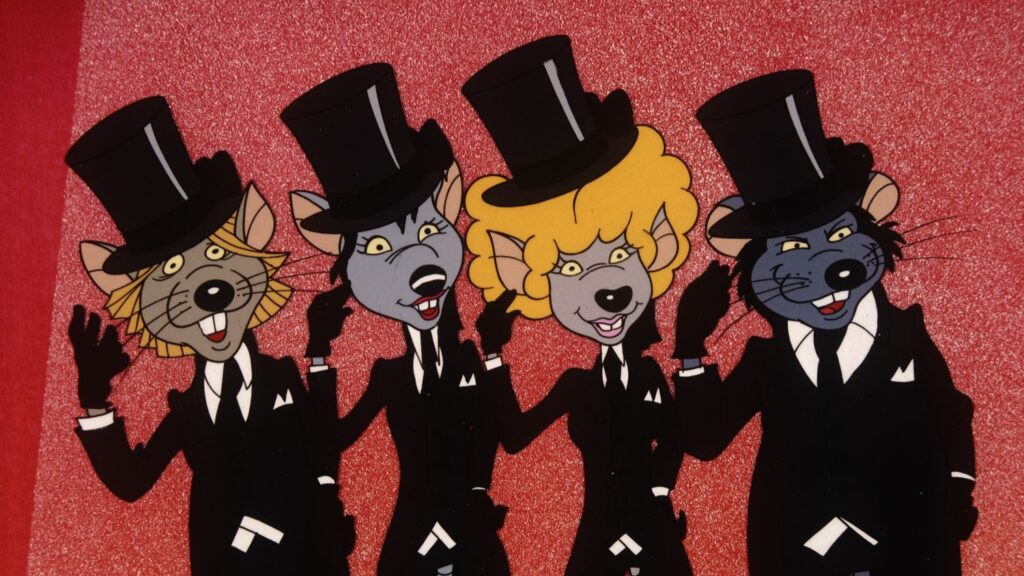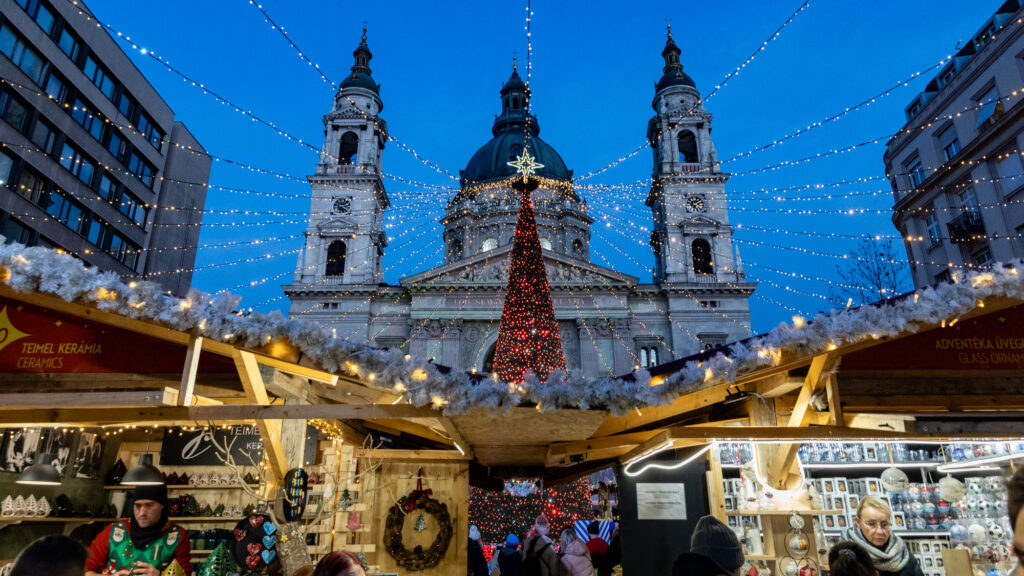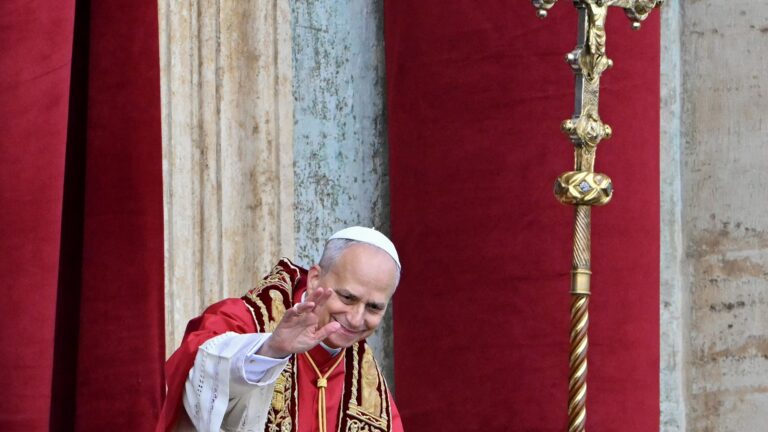The following article is a translation of a press release on the Talentum Hungaricum programme of the National Talent Centre, kindly made available to our editorial staff.
Budapest, 30 April 2025—Under the title New Dimensions in Nurturing Artistic Talent (Új dimenziók a művészeti tehetséggondozásban), the National Talent Centre (Nemzeti Tehetség Központ) hosted the debut concert of the Talentum Hungaricum programme, which supports emerging talents in music and dance. The event took place on 29 April 2025 at the Concert Hall of the Budapest Music Center. 62 young artists, mentored by seven renowned figures in the arts, demonstrated that the creativity and dedication of Hungarian youth can open new horizons in the field of talent development.
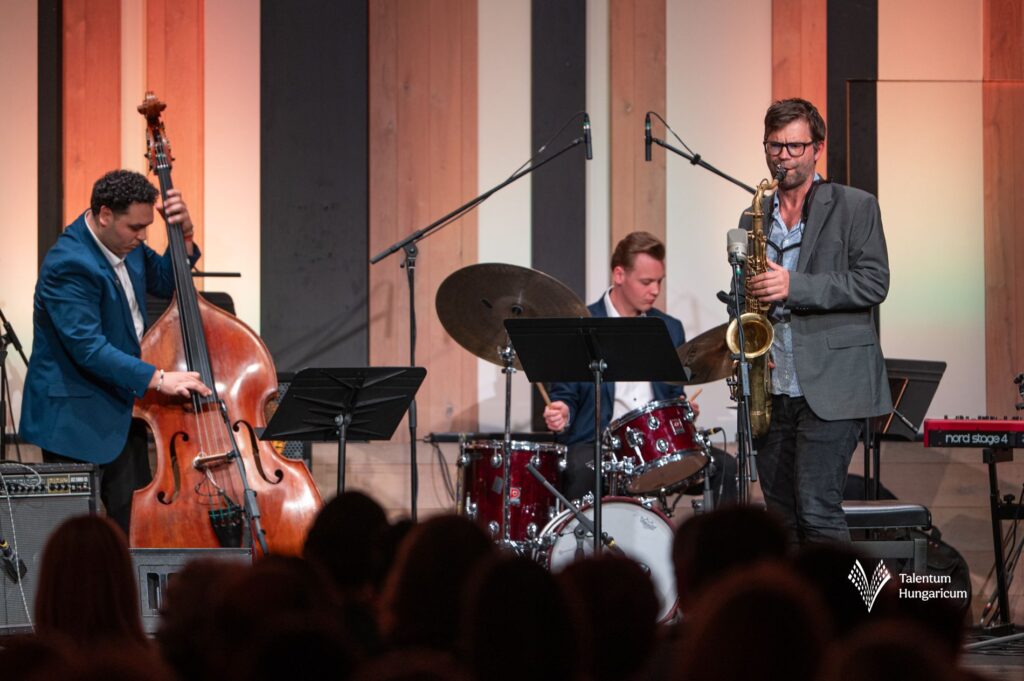
The Talentum Hungaricum programme, initiated by the National Talent Centre, provides a comprehensive support system for outstanding Hungarian talents in music and dance, offering professional development and performance opportunities both in Hungary and abroad. Launched in 2020, the artistic talent development programme offers mentorship in four music genres—classical, jazz, folk, and popular music—and three dance genres—folk dance, classical ballet, and contemporary dance.
In 2023 the programme was fully renewed. In addition to professional mentoring, it now offers studio recordings, domestic and international performances, workshops, and a personalized scholarship system to support young artists on their journey.
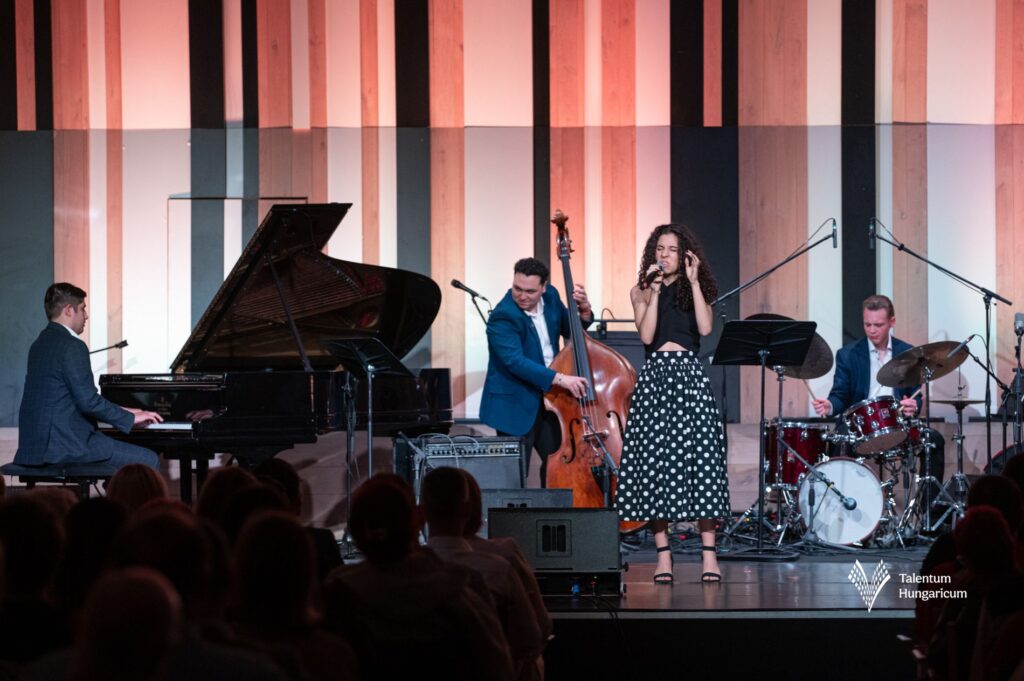
Managing Director of the National Talent Centre Dóra Sándor-Kovács emphasized:
‘Talentum Hungaricum is not merely a talent programme, but a cultural mission: its goal is to present and preserve Hungarian musical and dance traditions, while also making them attractive to younger generations and international audiences in a modern form. The scholarship holders serve as young ambassadors of Hungarian culture, representing our country’s artistic heritage in an authentic and contemporary way.’
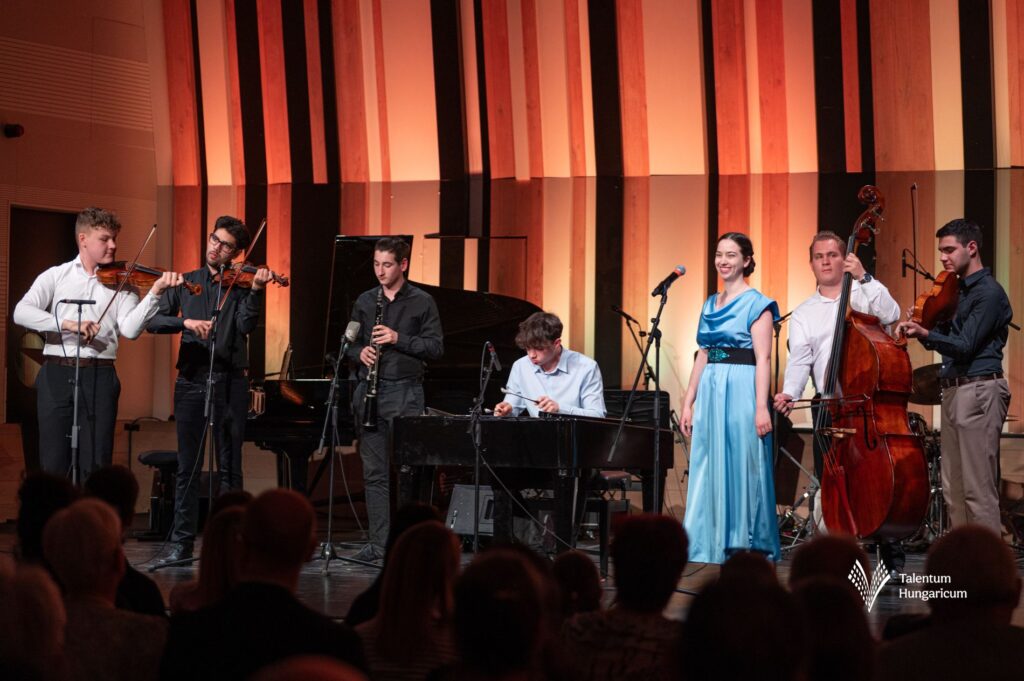
János Balázs, classical music mentor of the programme, added:
‘Talentum Hungaricum offers outstanding encouragement, opportunities, and future prospects to Hungary’s most exceptional talents in music and dance. The collaboration across genres has resulted in a new synergy that has become one of the flagship initiatives of the National Talent Centre, greatly contributing to the preservation and transmission of Hungarian culture. It is a joy for me to serve as a mentor in such an inspiring environment, surrounded by so much talent.’
‘The scholarship holders serve as young ambassadors of Hungarian culture, representing our country’s artistic heritage’
This year, a total of 62 young people participated in the Talentum Hungaricum programme. Over the past months, with the guidance of their mentors—renowned artists, teachers, and choreographers—they have worked on their own original compositions and productions. Each genre is led by a distinguished mentor:
- János Balázs (classical music)
- Petra Gubik (popular music)
- Kristóf Bacsó (jazz)
- Ágnes Herczku (folk music)
- Dace Radina (ballet)
- Adrienn Rafai-Vetési (contemporary dance)
- István Berecz (folk dance)
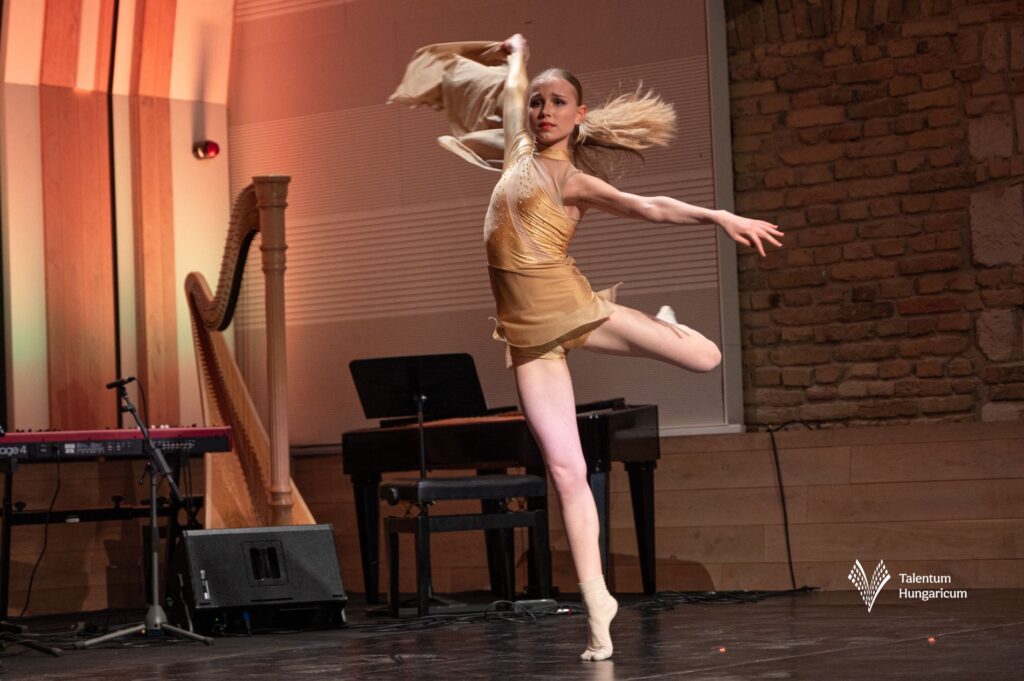
Under their expert guidance and inspiring example, the young artists are encouraged to discover their unique artistic voices and to work together as a true community to create lasting cultural value.
The event, entitled New Dimensions in Nurturing Artistic Talent, started with a welcome speech by Dr Veronika Varga-Bajusz, State Secretary for Higher Education, Vocational Training, Adult Education, and Youth Affairs, and featured various formations and soloists, representing talent from 11 to 26 years old. One of the concert’s key highlights was how the performances reflected not only technical skill but also strong values and a distinctive artistic vision—leading the way for future artistic thinking. Young performers came from all over the Carpathian Basin, including Gödöllő, Kistarcsa, Kalocsa, Hajdúnánás, and Pécs, as well as from across the border, including Transylvania, Serbia, and Slovakia.
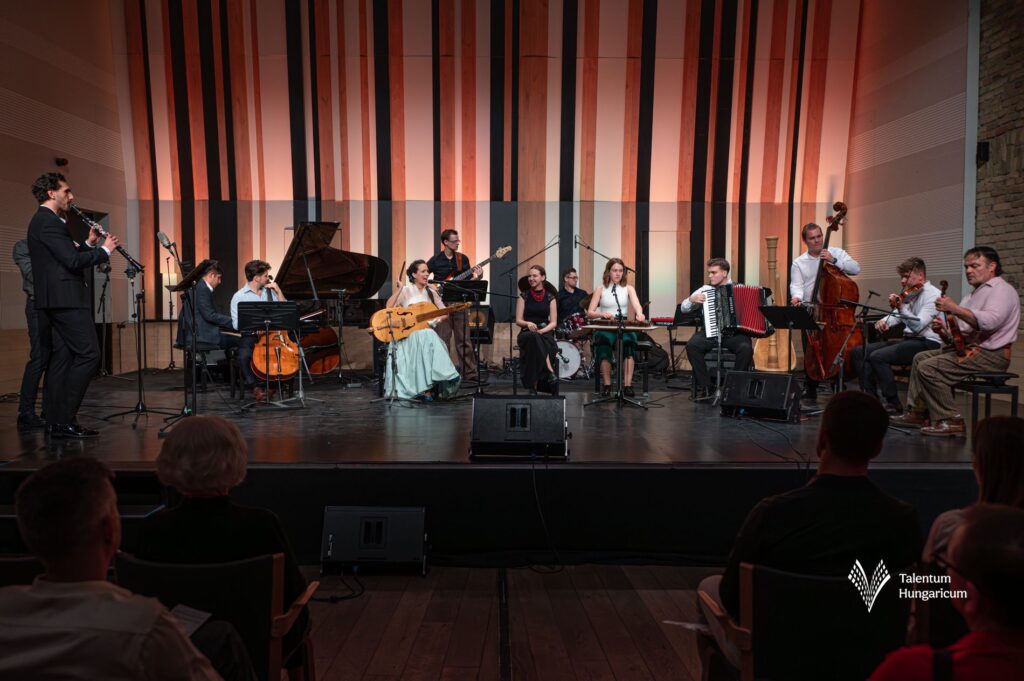
The event, funded by the National Talent Programme and supported by the Ministry of Culture and Innovation, does not mark the end of Talentum Hungaricum. Many more domestic and international performances await these young talents. Citizens can also contribute to the nurturing of artistic talent by offering 1 per cent of their tax (the second 1 per cent) using technical number 1823.
Related articles:


